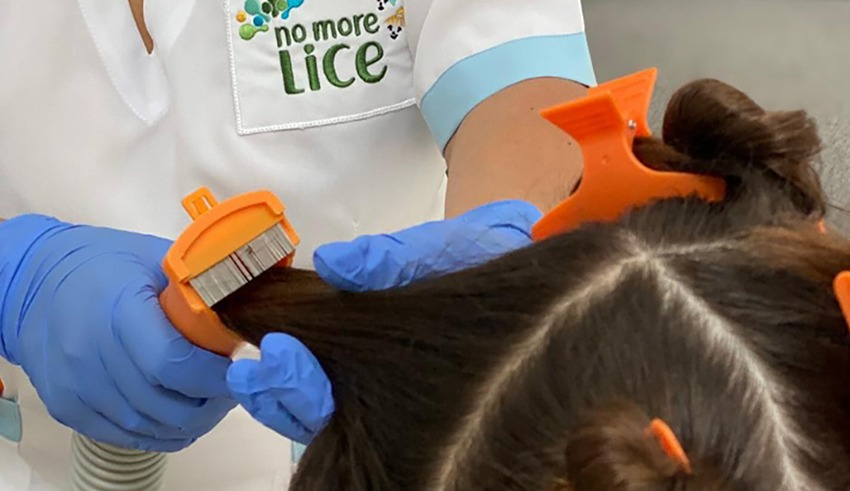Debunking Hair Lice Myths: Facts And Fiction
2 min read
Hair lice infestations are a common problem that often comes with many myths and misconceptions. These myths can lead to misunderstandings and ineffective treatment approaches. Let’s debunk some of the most common hair lice myths to set the record straight and promote accurate information. View it now to get info about lice treatment for kids.
Myth 1: Lice jump or fly from person to person:
Fact: Lice cannot fly or jump. They are wingless insects that crawl from one person to another through direct head-to-head contact or by sharing personal items such as combs, brushes, hats, or headphones. Lice cannot survive for long periods away from the human scalp, so they do not infest furniture, bedding, or pets.
Myth 2: Lice infestations are a sign of poor hygiene:
Fact: Lice do not discriminate based on cleanliness. They can infest anyone, regardless of their hygiene practices. Lice infestations are more common in children because they often engage in close physical contact during play and other activities. Lice prefer clean hair because it is easier for them to move through and lay eggs on.
Myth 3: Lice can be suffocated by applying mayonnaise or olive oil:
Fact: While it is true that certain substances, such as mayonnaise or olive oil, can suffocate lice, these home remedies are not scientifically proven to be effective. The best approach is using medically approved treatments to kill lice and their eggs. These treatments contain active ingredients that target lice effectively.
Myth 4: Lice can be prevented by using special shampoos or sprays:
Fact: There is no foolproof way to prevent lice infestations. Special shampoos or sprays marketed as lice repellents may provide temporary protection but are not guaranteed to prevent infestations. The most effective preventive measures involve educating individuals about avoiding head-to-head contact and not sharing personal items.
Myth 5: Lice infestations are a sign of poor parenting:
Fact: Lice infestations can happen to anyone, regardless of their parenting skills. They are not indicative of poor parenting or neglect. Lice are opportunistic insects that spread easily among children in close quarters, such as schools or summer camps. Prompt and proper treatment is the key to managing infestations, regardless of parenting abilities.



